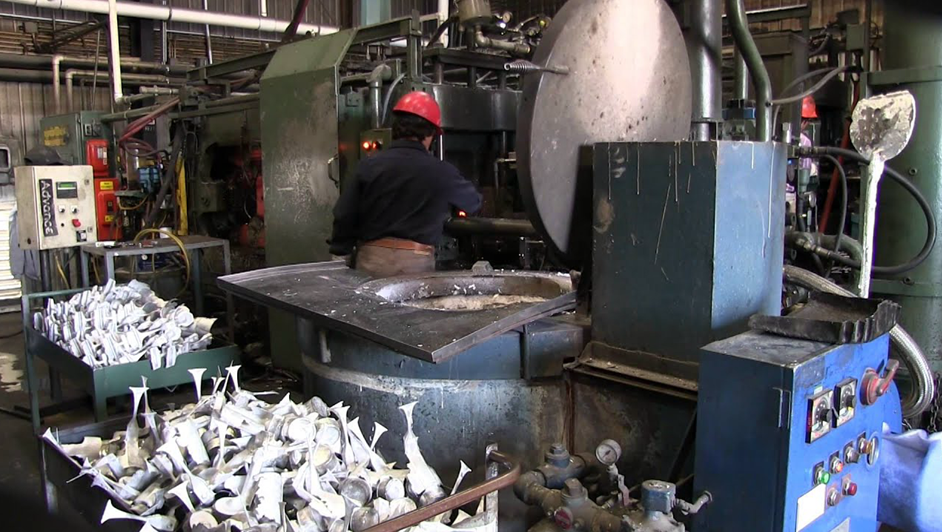In today’s fast-paced and highly competitive business environment, product development plays a critical role in the success of any company. The ability to bring innovative and high-quality products to the market quickly is essential for staying ahead of the competition. This is where prototype manufacturing comes in. Prototype manufacturing offers numerous advantages for product development, allowing companies to validate their ideas and make necessary modifications before mass production. In this article, we will explore some of the key advantages of prototype manufacturing.
One of the primary advantages of prototype manufacturing is the ability to test and validate product designs. By creating a physical prototype, designers and engineers can evaluate the feasibility of their ideas and identify any potential flaws or improvements. This early-stage testing allows companies to make necessary modifications and enhancements to their designs, saving both time and money in the long run. Without prototypes, companies would have to rely solely on computer simulations and theoretical models, which may not accurately reflect real-world conditions.
Additionally, prototype manufacturing enables companies to gather valuable feedback from potential customers and stakeholders. By showcasing a physical prototype to target users, companies can gain insights into user preferences, needs, and expectations. This feedback is invaluable in refining the product design and ensuring that it meets the market’s demands. By incorporating user feedback into the prototype iterations, companies can create products that are more aligned with customer expectations, increasing the chances of success upon launch.
Another advantage of prototype manufacturing is the opportunity for cost savings. While it may seem counterintuitive to spend money on creating prototypes before mass production, it can actually help prevent costly mistakes in the long run. By catching design flaws early on, companies can avoid expensive rework and production delays. Moreover, prototypes allow companies to identify potential manufacturing challenges and optimize the production process, resulting in improved efficiency and reduced manufacturing costs. Investing in prototypes upfront can lead to significant cost savings and a smoother production process.
Furthermore, prototype manufacturing facilitates effective communication and collaboration among cross-functional teams. With a physical prototype in hand, designers, engineers, marketers, and other stakeholders can easily visualize and discuss the product’s features, functionality, and aesthetics. This shared understanding helps align everyone’s expectations and ensures that all aspects of the product are considered and optimized. By fostering collaboration through prototypes, companies can streamline the decision-making process and avoid miscommunication or misunderstandings that could potentially derail the product development cycle.
In addition to these advantages, prototype manufacturing also offers a competitive edge in the market. By being able to quickly prototype and refine product designs, companies can bring their products to market faster than their competitors. This speed-to-market advantage allows companies to capture customer interest and generate revenue earlier, establishing a strong foothold in the market. Moreover, by producing high-quality prototypes that closely resemble the final product, companies can build credibility and trust among potential customers, gaining a competitive edge over those who rely solely on computer-generated visualizations.

In conclusion, prototype manufacturing offers numerous advantages for product development. By enabling testing and validation of product designs, gathering valuable feedback, and identifying potential manufacturing challenges, prototypes help companies refine their ideas and improve the overall product quality. The cost savings from catching design flaws early on and optimizing the production process further enhance the value of prototype manufacturing. Additionally, prototypes facilitate effective communication and collaboration among cross-functional teams, while also providing a competitive edge in the market. Incorporating prototype manufacturing into the product development process is a strategic decision that can greatly benefit companies in today\’s dynamic business landscape.
-

- Sifarişlə metal hissələri macbook orta lövhəsi istehsal olunur
-

- CNC machined parts Steering bracket
-

- Maqnezium ərintisi tökmə hissələri CNC emal və səthi bitirmə ilə velosiped təkəri
-

- Tixomolding maqnezium hissələri və komponentləri mobil telefonun orta lövhəsi
-

- Wholesale Magnesium Alloy Baby Cycle For 3 To 5 Years Old 12 Inch Kids Cycle OEM Cheap
-

- Maqnezium tiksomolding hissələri noutbuk korpusunun qapağı B

 0086-750-5616188
0086-750-5616188 +86 13392089688
+86 13392089688 sales@zhongmei-tech.com
sales@zhongmei-tech.com







